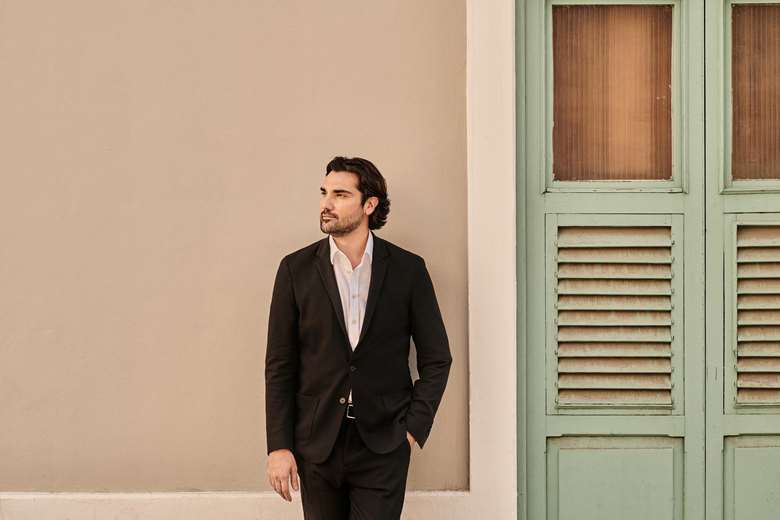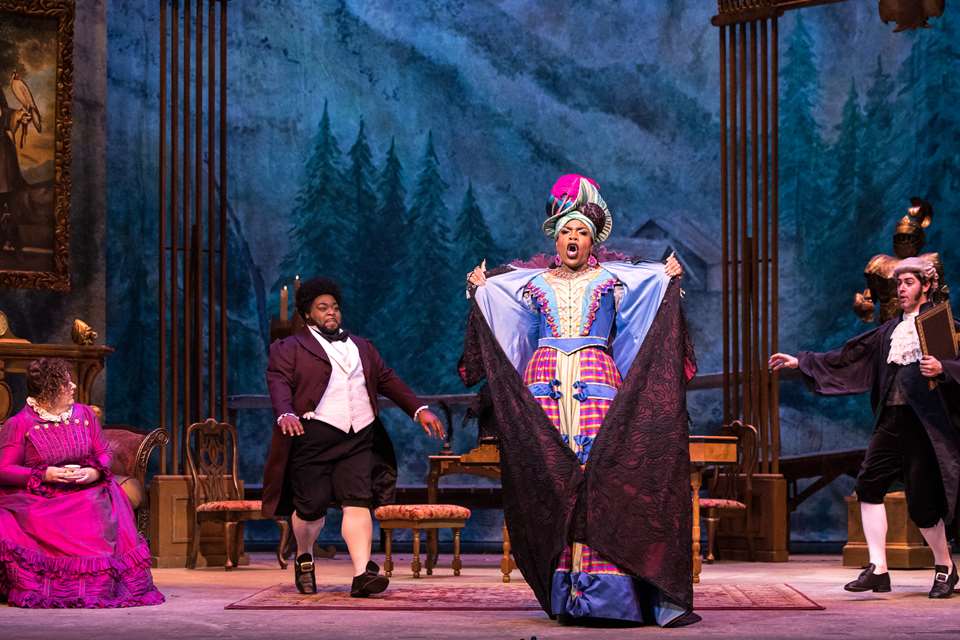From club to concert hall with Jonathan Tetelman
Florence Lockheart
Friday, April 19, 2024
While studying at the Manhattan School of Music Chilean-American tenor Jonathan Tetelman discovered electronic music. Now with a Metropolitan Opera debut under his belt, the DJ-turned-tenor reflects on what the world of turntables and thumping bass has taught him


Register now to continue reading
Don’t miss out on our dedicated coverage of the classical music world. Register today to enjoy the following benefits:
- Unlimited access to news pages
- Free weekly email newsletter
- Free access to two subscriber-only articles per month

